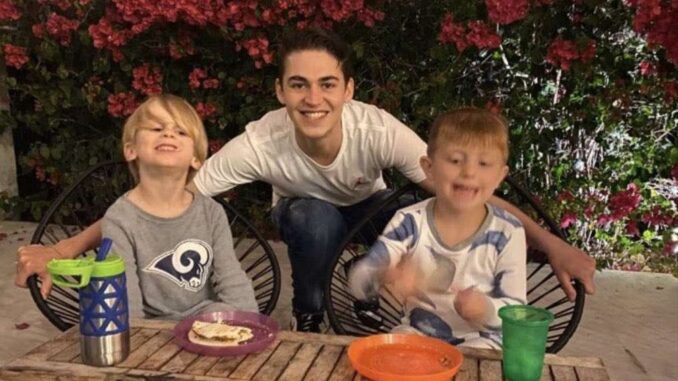
In After Everything 3, the love story we’ve followed for years takes an unexpected turn—not through grand declarations or fiery confrontations, but through silence, space, and introspection. The most noticeable shift in this final chapter is the minimal screen time of Tessa Young, and that absence isn’t just a narrative twist—it’s a powerful storytelling choice that reshapes the emotional landscape of the film.
Tessa’s physical absence becomes an emotional presence. From the opening moments, Hardin is adrift, forced to navigate life without the one person who grounded him. But this void is not just about heartbreak—it’s about reckoning. For perhaps the first time in the series, Hardin is forced to face himself. Without Tessa as a mirror or a motivator, he’s left alone with the weight of his decisions and the broken pieces of the past.
Rather than rushing to win Tessa back, the film bravely pivots. We watch Hardin try to heal, not for someone else, but for himself. He checks into therapy. He makes painful amends. He returns to Lisbon, not as a romantic escapade, but as a personal pilgrimage. He revisits the ghosts of his past with sincerity, knowing that redemption isn’t owed, but earned.
This shift in focus turns After Everything 3 into a meditation on self-worth and maturity. Without the constant push and pull of his relationship with Tessa, we finally see Hardin as his own character—flawed, raw, but evolving.
When Tessa does appear near the film’s conclusion, it’s not in the form of a fairytale reunion. There are no sweeping embraces or dramatic speeches. Instead, we get a quiet, cautious exchange—a meeting between two people who have loved deeply but know the scars run deep. Josephine Langford’s brief presence is quietly powerful. She doesn’t need to say much; her calm, composed demeanor reminds us that Tessa has grown, too. She’s not waiting for Hardin to catch up—she’s building her own life, with or without him.
By choosing not to center their romance in this chapter, the filmmakers do something rare—they respect the audience’s intelligence and the characters’ growth. They show that love, at its most profound, sometimes means stepping back. And that true growth often happens in solitude.
Tessa’s absence speaks volumes, not just about what was lost, but about what might still be found. In choosing distance over drama, After Everything 3 gives its characters room to breathe—and in doing so, gives us a much more honest and moving conclusion than we expected.
